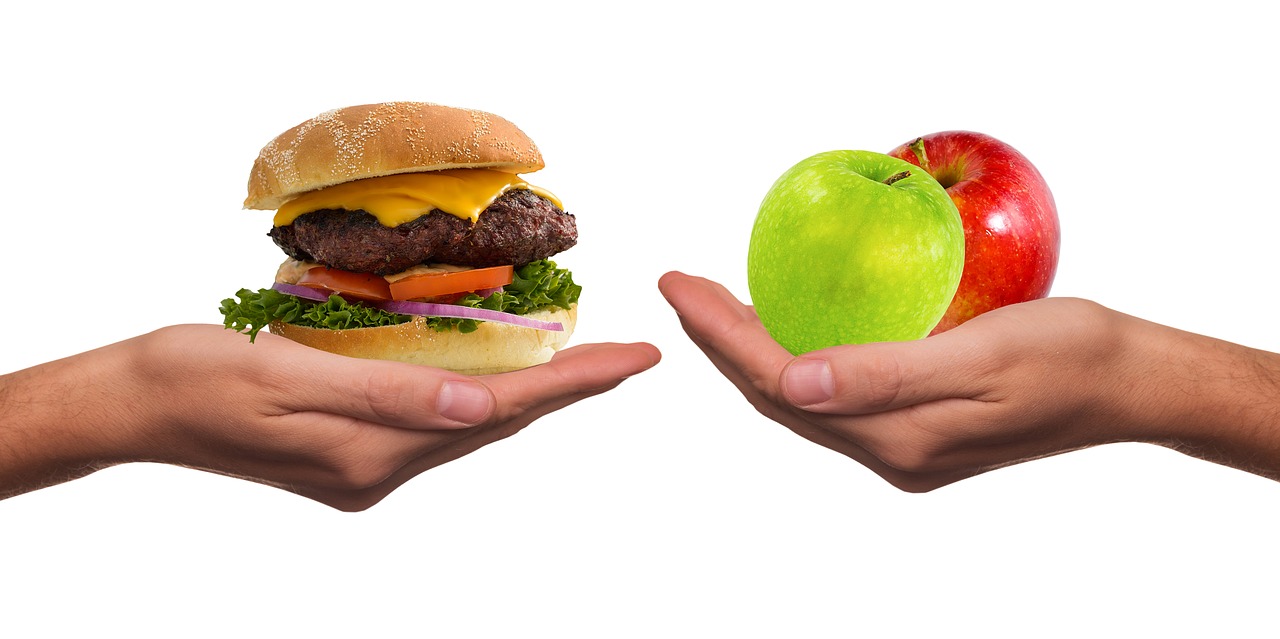Embarking on a weight loss journey is often a complex and emotional process. For many, the battle extends beyond calorie counting and exercise routines; it delves into the realm of emotional eating. In this exploration of the psychology of weight loss, we’ll navigate the intricate connections between emotions and eating habits. Discovering how to overcome emotional eating is not just a physical journey but a deeply personal and transformative one.
Understanding the Emotional Roots
Weight loss is not merely a physical endeavor; it’s a journey that involves unraveling the emotional ties we have with food. Emotional eating often stems from various factors, such as stress, boredom, sadness, or even joy. Recognizing and understanding these emotional triggers is the first step toward building a healthier relationship with food.
Identifying Emotional Triggers
Stress Eating
Stress can be a powerful trigger for turning to food as a source of comfort. The rush of stress hormones can lead to cravings for high-calorie, sugary, or fatty foods. Understanding how stress impacts your eating habits is crucial for developing healthier coping mechanisms.
Boredom Bites
Boredom eating is a common response to monotony or lack of stimulation. The desire to snack can become a mindless habit, providing a temporary distraction from boredom but often leading to unnecessary calorie consumption. Finding alternative activities and outlets for creativity can help break this cycle.
Comfort Food Connection
Food is often linked to feelings of comfort and nostalgia. Many individuals turn to familiar, comforting foods during challenging times. Recognizing the emotional connection to specific foods allows for mindful choices that don’t compromise overall well-being.
Building Emotional Awareness
Mindful Eating Practices
Cultivating mindfulness around eating involves paying attention to the sensory experience of each bite. From the taste and texture to the act of chewing, being present during meals helps build a conscious connection with food. This awareness can prevent mindless eating driven by emotions.
Journaling Your Emotions
Keeping a journal to track your emotions throughout the day can unveil patterns and triggers associated with emotional eating. Writing down feelings before, during, and after meals provides insight into the emotional landscape and helps identify areas for growth.
Seeking Support
Sharing your weight loss journey with friends, family, or a support group can provide a valuable network of understanding and encouragement. Having someone to talk to during challenging moments helps foster emotional resilience and strengthens your commitment to healthy choices.
Transforming Emotional Eating Habits
Creating Healthy Habits
Replacing emotional eating with healthier habits is a gradual process. Incorporating regular physical activity, exploring new hobbies, or practicing relaxation techniques can redirect emotional energy away from food. Establishing a routine that prioritizes self-care supports overall emotional well-being.
Setting Realistic Goals
Setting achievable and realistic goals is essential for sustained weight loss. Instead of focusing solely on the number on the scale, consider incorporating non-scale victories such as improved energy levels, better mood, or increased stamina. Celebrating these victories reinforces positive behavioral changes.
Developing a Balanced Relationship with Food
Striving for balance in your relationship with food is fundamental to overcoming emotional eating. Understanding that occasional indulgences are part of a healthy lifestyle allows for flexibility without guilt. Adopting an intuitive eating approach, where hunger and fullness cues guide eating, helps establish a sustainable and enjoyable relationship with food.
Seeking Professional Support
Consulting with a Nutritionist
Nutritionists specialize in guiding individuals toward healthier eating habits. Consulting with a nutritionist can provide personalized dietary recommendations that align with your weight loss goals. They can also offer strategies for managing emotional eating through balanced nutrition.
Psychotherapy for Emotional Resilience
Psychotherapy, specifically cognitive-behavioral therapy (CBT), can be a powerful tool for addressing the emotional roots of overeating. A trained therapist can help identify and modify unhealthy thought patterns and behaviors, fostering emotional resilience and supporting lasting weight loss.
Navigating the emotional landscape of weight loss and overcoming emotional eating is a deeply personal journey. By understanding the emotional triggers, building awareness, and transforming habits, you can cultivate a healthier relationship with food. Remember, seeking support, setting realistic goals, and embracing balance are crucial components of a sustainable and fulfilling weight loss journey. Here’s to a future where emotional resilience and well-being guide your path to lasting transformation.
